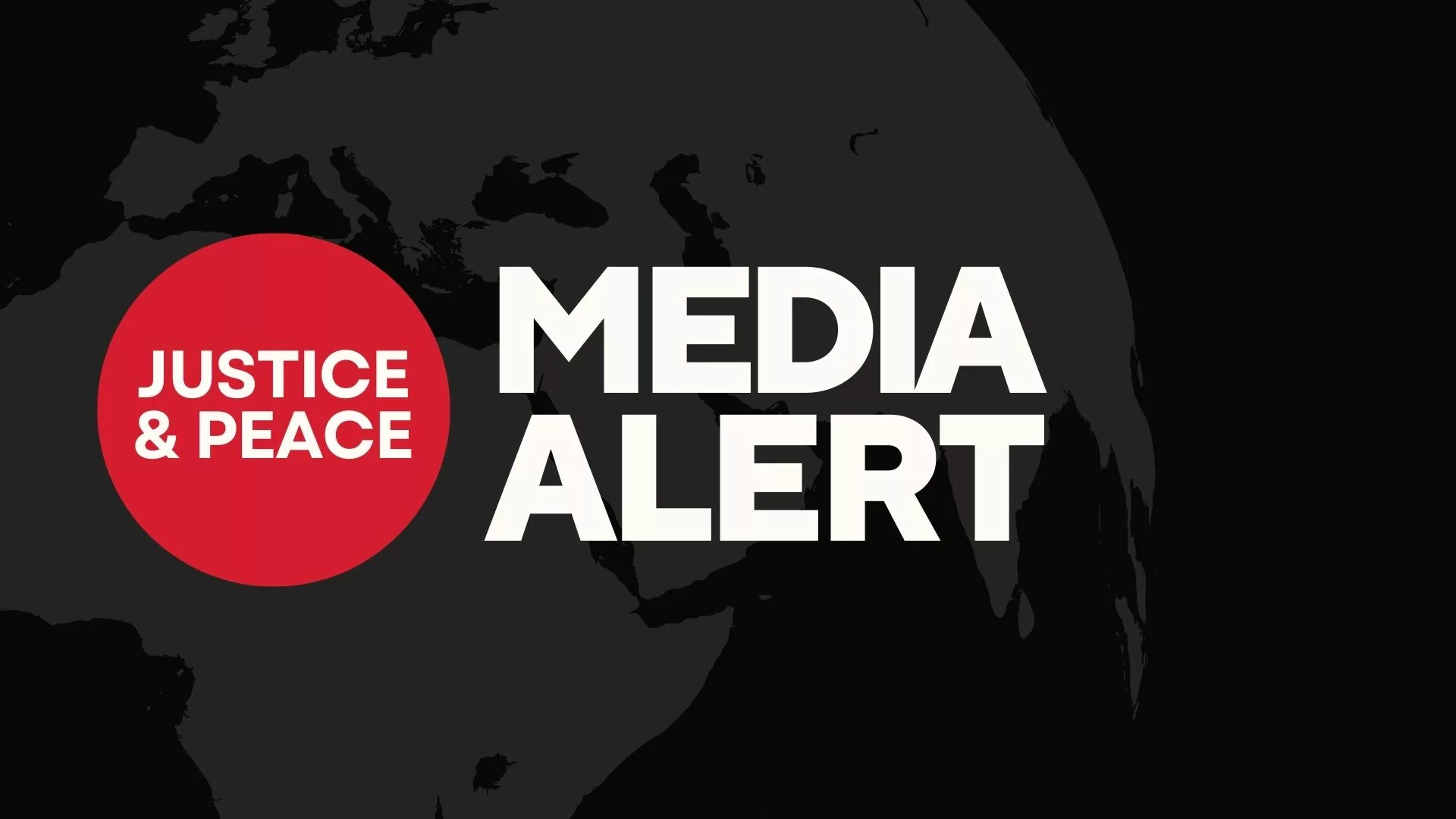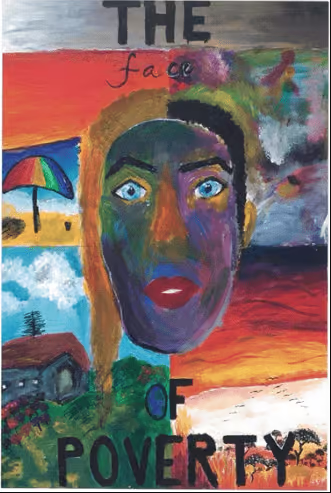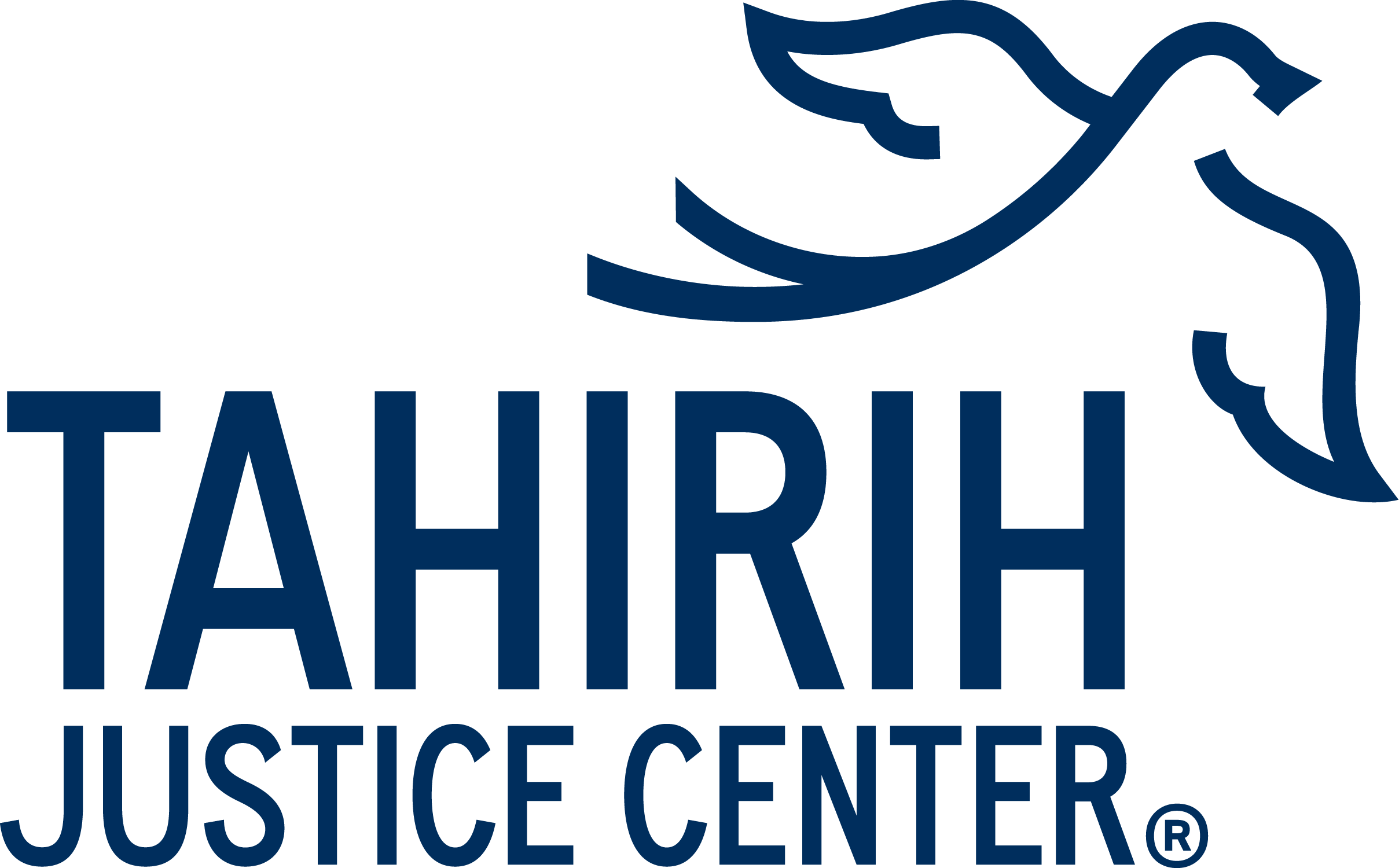Candra Healy, Committee Chair
Defining Hunger
The U.S. government does not use the term “hunger” but defines and regularly measures the incidence of two related conditions.
One is “low food security,” or not always being sure of having enough money to pay for food.
The other is “very low food security,” skipping meals or not eating for a whole day or longer because there is not enough money for food.
The term “food insecurity” refers to households in either group. Bread for the World considers food insecurity to be hunger. Americans frequently interpret “hunger” or “food insecurity” to mean that someone does not have enough food.
And, of course, it’s true that not having enough food is hunger. But the two terms also encompass not just the number of calories available to people, but the nutrients they consume.
Since nutritious foods tend to cost more and may be harder to access in low-income neighborhoods, people who live below the poverty line are too often forced to choose cheap foods that may be filling but do not provide the nutrients needed for good health. Their health—especially the health of children—can and does suffer as a result.
Meetings
2nd Thursday of the month at 6 PM
- Ignatian Hall
Media Watch

Governor Moore Signs Housing Legislation to Make Maryland More Affordable
ANNAPOLIS, MD – Governor Wes Moore today presided over the second bill signing ceremony of 2024, signing three housing bills dedicated to making Maryland more affordable. The bills, part of the Moore-Miller Administration’s 2024 legislative agenda, address concentrated poverty in Maryland’s marginalized communities, reduce instability in Maryland’s housing supply and affordability,
St. Ignatius Catholic Community Joins BUILD Housing Public Action to End the Crisis of Vacant and Abandoned Homes in Our City
On Monday, December 11th at 6:30pm at Greater Harvest Baptist Church (1617 W. Saratoga St), St. Ignatius Catholic Community Justice & Peace representatives joined more than 550 faith & community leaders from across Baltimore as we gathered to press forward on our work to end the crisis of vacant & abandoned
Letter Writing Campaign to support Bill 22-0195 & Inclusionary Housing for Baltimore
Letter Writing Campaign Email Councilman Eric Castello to support Bill 22-0195 & Inclusionary Housing for Baltimore! If you live in Baltimore City, write a letter to your City Council Representative. Or call the Bureau of Elections at 410-396-5550 to verify your district. Verify your District Read the letter & sign

3 Things to Watch as Baltimore Considers Affordable Housing Requirements
After months of delay, a pair of bills requiring—and incentivizing developers to build more affordable housing units will be presented before the full Baltimore City Council Tuesday, and could be called for a vote. The bills are part of a package of what’s known as inclusionary housing legislation because they

“The need to resolve the structural causes of poverty cannot be delayed, not only for the pragmatic reason of its urgency for the good order of society, but because society needs to be cured of a sickness which is weakening and frustrating it, and which can only lead to new crises. … Inequality is the root of social ills.”
Top Priorities for 2023
The broader costs to communities in terms of lost residents, public health impacts, and heightened crime are less measurable but very real.
In Baltimore and its surrounding counties, these costs are also highly inequitable as they are largely borne by majority Black and Brown neighborhoods and Black and Brown homeowners.
- Identify direct support of poverty and housing issues
a. Track activities of moving homeless families into their first homes and determine how we can support these efforts.
b. Examine how unpaid bills and taxes cause Marylanders to lose their homes and determine how we may partner with other organizations to make a difference for families in need. - Initiate Offering of Letters and Expand Social Media platforms
a. use letter writing and social media platforms to endorse local and relevant housing legislation in Baltimore City and surrounding counties.
b. use federal letter writing campaigns to end hunger and poverty at home and abroad. - Build relationships with our local and state representatives both at home and at the parish level.
- Host a Speakers Bureau at St. Ignatius featuring social justice speakers.
5. As a parish located in Baltimore City support Equitable Housing Legislation.
Loaves & Fishes
Loaves & Fishes
Viva House
Renewal
Community Housing Hub
What Baltimore Can Learn From Other Cities that Have Tackled Vacant Properties
From the Baltimore Banner
Baltimore isn’t the only place that has struggled to reduce a glut of vacant properties: several other cities and towns also are dealing with decades of flight to the suburbs, the Great Recession housing crash, and the lingering effects of redlined neighborhoods or other remnants of racist or discriminatory practices.
Some states — including Illinois, Michigan, Ohio, Rhode Island and Washington, D.C. — have been able to use a $1.5 billion Obama-era program to prevent foreclosures and address neighborhood blight, but Maryland did not qualify. Baltimore’s vacant house problem is so stubborn and pervasive that no one tool, developer or community association alone can solve it, but those working on the issue say the city should try new ideas, tap community resources and pursue legal options to make progress.
The Baltimore Banner went looking for examples of how other cities have addressed vacant and blighted housing. These are some of their stories.





